The revelations made by Devin Nunes last week, amplified upon this week by Eli Lake’s expose of Susan Rice’s operation, seem to paint a picture of a White House that was rather cavalier, if not actually criminal, in its willingness to use the NSA in order to find out what the incoming Trump administration was up to. But the Rice story sounds very familiar to some people and they look at the Trump chapter as part of a disturbing pattern on the part of the Obama administration of using the national security apparatus to eavesdrop on and intimidate political opponents in the best “Deep State” fashion.
Back in 2015, when Susan Rice was National Security Advisor, it was widely reported that the White House had used FISA intercepts of Israeli officials, particularly those between the Israeli ambassador and Jerusalem, to identify opponents of the Iran nuclear deal.
The National Security Agency’s targeting of Israeli leaders and officials also swept up the contents of some of their private conversations with U.S. lawmakers and American-Jewish groups. That raised fears—an “Oh-s— moment,” one senior U.S. official said—that the executive branch would be accused of spying on Congress.
…
White House officials believed the intercepted information could be valuable to counter Mr. Netanyahu’s campaign. They also recognized that asking for it was politically risky. So, wary of a paper trail stemming from a request, the White House let the NSA decide what to share and what to withhold, officials said. “We didn’t say, ‘Do it,’ ” a senior U.S. official said. “We didn’t say, ‘Don’t do it.’ ”Stepped-up NSA eavesdropping revealed to the White House how Mr. Netanyahu and his advisers had leaked details of the U.S.-Iran negotiations—learned through Israeli spying operations—to undermine the talks; coordinated talking points with Jewish-American groups against the deal; and asked undecided lawmakers what it would take to win their votes, according to current and former officials familiar with the intercepts.
Here you see the White House engaging in political espionage for domestic political reasons and saying “so what?”
We now know about Ben Rhodes (Deputy National Security Advisor with the authority to ask the NSA to unmask US persons) had created a domestic propaganda organization that he called his “echo chamber” composed of journalists and think tank figures who willingly collaborated with the White House to sell the Iran deal to the public.
This echo chamber was not entirely benign:
Increasingly, I believe that my conclusion in that piece was wrong. I believe the spying was real and that it was done not in an effort to keep the country safe from threats—but in order to help the White House fight their domestic political opponents.
“At some point, the administration weaponized the NSA’s legitimate monitoring of communications of foreign officials to stay one step ahead of domestic political opponents,” says a pro-Israel political operative who was deeply involved in the day-to-day fight over the Iran Deal. “The NSA’s collections of foreigners became a means of gathering real-time intelligence on Americans engaged in perfectly legitimate political activism—activism, due to the nature of the issue, that naturally involved conversations with foreigners. We began to notice the White House was responding immediately, sometimes within 24 hours, to specific conversations we were having. At first, we thought it was a coincidence being amplified by our own paranoia. After a while, it simply became our working assumption that we were being spied on.”
This is what systematic abuse of foreign-intelligence collection for domestic political purposes looks like: Intelligence collected on Americans, lawmakers, and figures in the pro-Israel community was fed back to the Obama White House as part of its political operations. The administration got the drop on its opponents by using classified information, which it then used to draw up its own game plan to block and freeze those on the other side. And—with the help of certain journalists whose stories (and thus careers) depend on high-level access—terrorize them.
Once you understand how this may have worked, it becomes easier to comprehend why and how we keep being fed daily treats of Trump’s nefarious Russia ties. The issue this time isn’t Israel, but Russia, yet the basic contours may very well be the same.
And the article goes on to describe how it was used… see if any of this looks familiar:
In order to spy on U.S. congressmen before the Iran Deal vote, the Obama administration exploited a loophole, which is described in the original Journal article. The U.S. intelligence community is supposed to keep tabs on foreign officials, even those representing allies. Hence, everyone in Washington knows that Israeli Ambassador Ron Dermer is under surveillance. But it’s different for his American interlocutors, especially U.S. lawmakers, whose identities are, according to NSA protocol, supposed to be, at the very least, redacted. But the standard for collecting and disseminating “intercepted communications involving U.S. lawmakers” is much less strict if it is swept up through “foreign-foreign” intercepts, for instance between a foreign ambassador and his capital. Washington, i.e. the seat of the American government, is where foreign ambassadors are supposed to meet with American officials. The Obama administration turned an ancient diplomatic convention inside out—foreign ambassadors were so dangerous that meeting them signaled betrayal of your own country.
During the long and contentious lead-up to the Iran Deal the Israeli ambassador was regularly briefing senior officials in Jerusalem, including the prime minister, about the situation, including his meetings with American lawmakers and Jewish community leaders. The Obama administration would be less interested in what the Israelis were doing than in the actions of those who actually had the ability to block the deal—namely, Senate and House members. The administration then fed this information to members of the press, who were happy to relay thinly veiled anti-Semitic conceits by accusing deal opponents of dual loyalty and being in the pay of foreign interests.
And just as Ben Rhodes was involved in his echo chamber, it has been reported that he was part of the “resistance” formed by ousted Obama appointees to damage the Trump administration. When you look at the unmasking conducted by Susan Rice and Rhodes’s activities, including the boast by former Obama officials about spreading classified information widely to prevent it from being “destroyed,” you see a replay of the Iran nuclear deal and how the NSA was corrupted during that episode.
One wonders when this started and how deep it goes. And Congress certainly needs to find out.
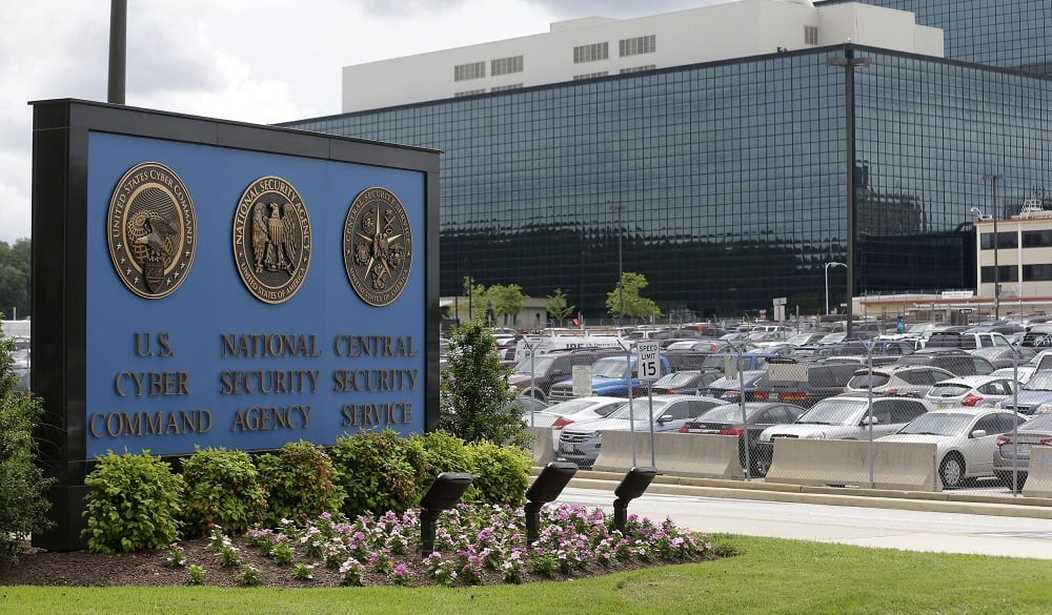


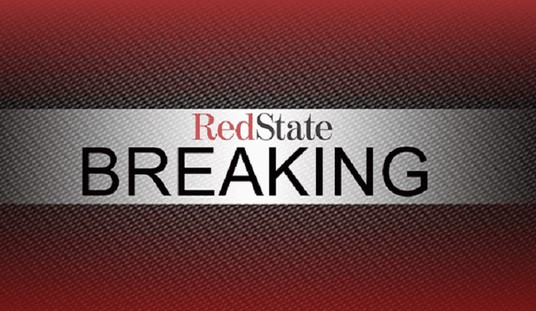

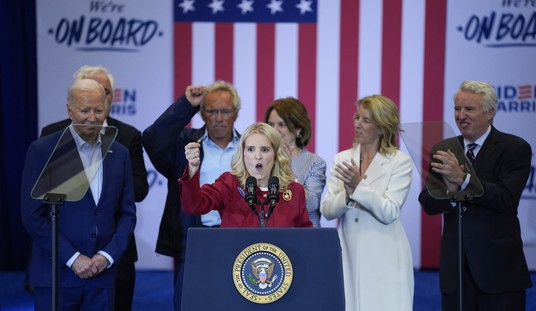
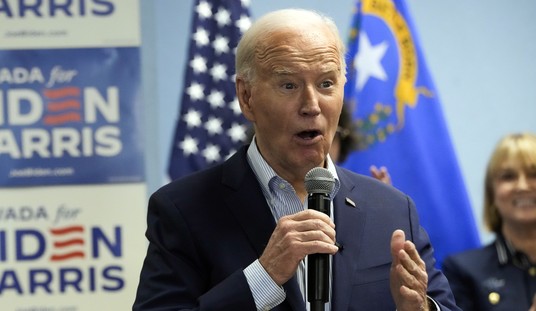





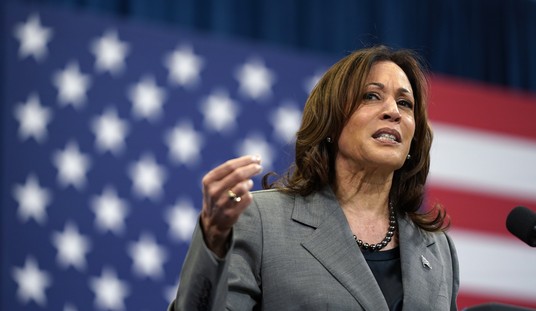
Join the conversation as a VIP Member